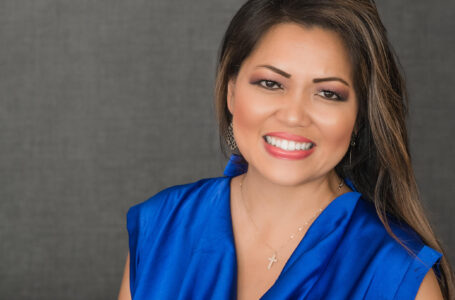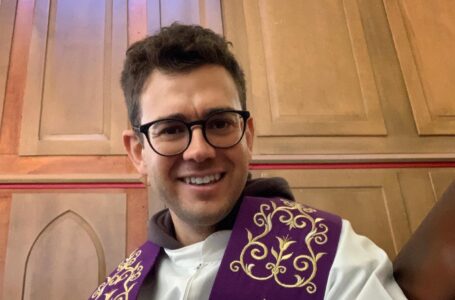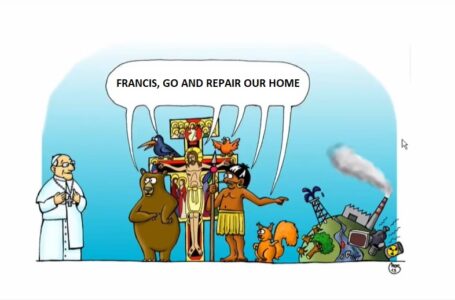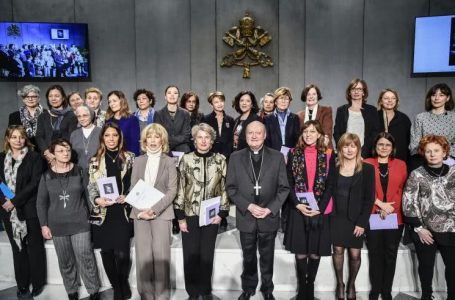“I Was Raised on the Farm” – 11 Life Lessons From the Field
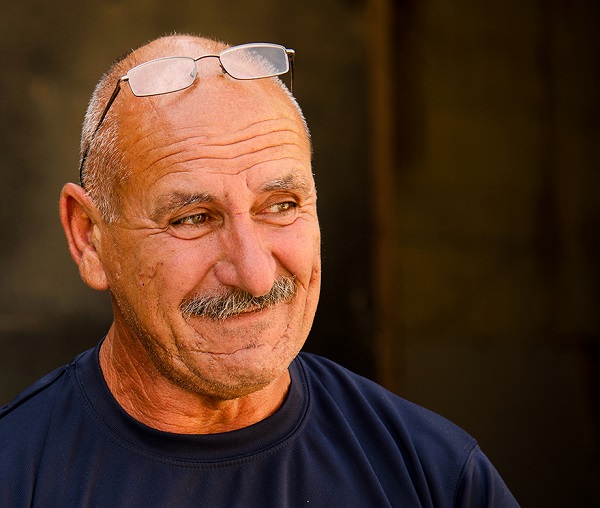
Joseph Farrugia. Photo: Christina Gatt
Some people grow up on a farm. Others have the love and passion for it, and start off something themselves. Joseph Farrugia, a village man from Zurrieq – Malta is one of the former. He says that, “lessons from farming can be learnt both by those who make a living out of farming as well as by those who farm as a hobby. It is difficult for someone who does not have these experiences to understand what it means to be a farmer.” Here are his life lessons from the field which he has learnt throughout the years.
Lesson 1: Learn To Face The Different Seasons Of Life
Joseph is the son of a farmer. He starts his life lessons from the field by remembering his father: “I learnt everything from my father. He was a man of few words but he was willing to teach me all that he knew. And I was willing to learn. Joseph says that the first lesson he learnt in the fields was the need to face the different seasons; both the different kinds of weather as well as life’s seasons: “As a farmer you have to face all that happens in nature; the sunny days, the cold weather, flooding, drought, heat. Anything can happen in the outdoors so these conditions have to be faced. Farmers also work long hours. We usually stop either because the sun is going down or because we are tired and need to rest.”
Lesson 2: Let Go Of Certainty, And Take Life As It Comes
Joseph states that life as a farmer is hard and there is no guarantee that things will always turn out well just because one has invested in them. One has to be ready for disappointments: “Life in general is intrinsically hard. Making a living out of farming is also very difficult. There are no guarantees. You sow seedlings, you sow a tree or a sapling, but there is no certainty whether you will have fruit. One can never tell. You sow some potatoes in good weather, a month later you see them sprout, and grow. Then one sunny day you find them black with potato blight.”
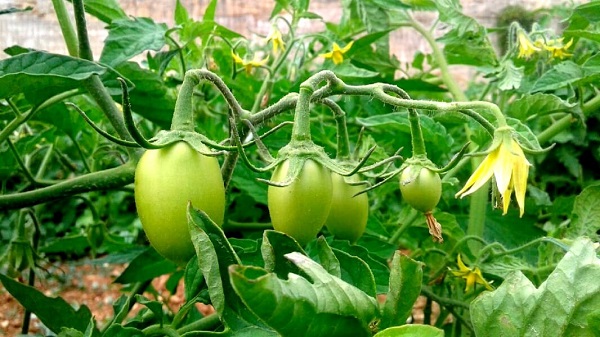
Lesson 3: When Things Go Wrong, Pluck Up Your Courage And Start Again
Last February, Malta was hit by a very bad storm. “I’ve never seen such bad weather in my whole life says Joseph. “I’ve seen some bad damage caused by weather in my work with the Civil Protection. So I could anticipate what I was going to find in my field. When I got there I started crying like a child. All the work and investment I had put in it were lost. All the crops were destroyed. Yet, in moments like these you have to pluck up courage.
We had to double our expenses this year. At least the crops which had not yet sprouted before the storm, were saved. Thank God we redeemed the expenses, even though we did not get any money for the hours of work which we put in. All farmers go through such periods. I am not on my own. But each farmer still feels the loss.”
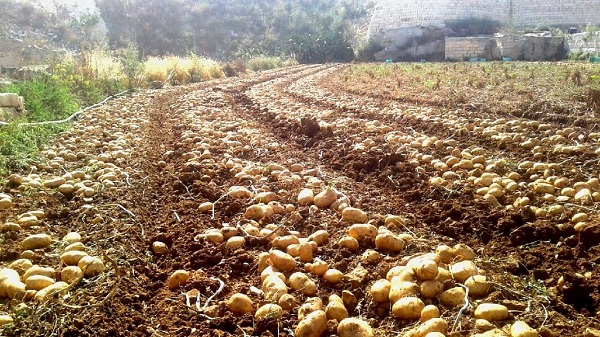
Lesson 4: Speak Up In The Face Of Injustice
Joseph describes how hard it is for the Maltese farmer to make ends meet despite the subsidies they get: “I am a part-time farmer which has its advantages. I have more security because I know that at the end of the month I have a secure wage from my other job. But for the full-time farmer it is different. There are days when this farmer takes nothing home, and then his family will also suffer. I know of such situations where full-time farmers and their families pass through very difficult periods and find it hard to make ends meet because they would have made expenses and got nothing in return.”
Joseph says that part of this issue is related to the way the Maltese wholesale farmer’s market known as il-pitkalija is run. “The present system favours the middle man and not the farmer. Joseph explains how this situation also makes it harder to attract young people. “Some lose heart before having even started, especially when they see their parents being offered very low prices for their produce at the wholesale market.”
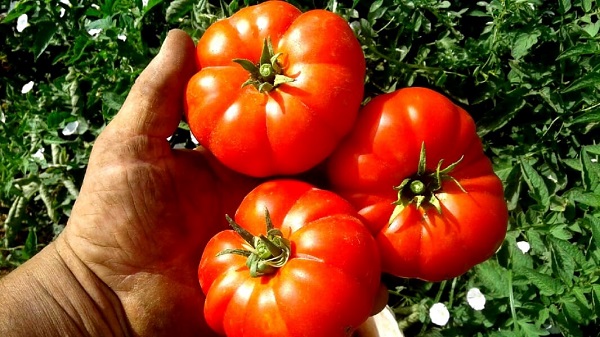
The work is hard and since fields are sometimes divided between several children, the land left for each individual is not large enough to support a family. One might survive, but will definitely not earn a decent living that is enough for one to live with dignity. In Malta it is also difficult to sell directly to the consumer unless there are family members who can help, because you are either going to work on the farm or focus on selling the produce and keeping up your stall. From what I have seen other farmers doing, it is difficult and this has been the case so far.”
Lesson 5: Learn From Your Mistakes And Move Forward
Joseph believes that when one is faced with a very bad situation one has to work out a way to move forward. “When I experienced this adverse situation at the wholesale farmers’ market, I felt as if I had my back to the wall. I was determined to change my situation. So I spoke to a friend of mine who was a full-time farmer and suggested we try to look for a new opportunity to sell our produce. At first he was reluctant but eventually he agreed to try and improve our conditions. We made contacts through the internet and then went abroad to make new contacts.
Today we are selling potatoes directly to a retailer overseas and have been doing so for the third consecutive year. We are happy to have arrived so far and to have made our farming viable. We also believe that by selling our produce abroad we are giving more opportunity to other Maltese farmers to sell their produce locally.”
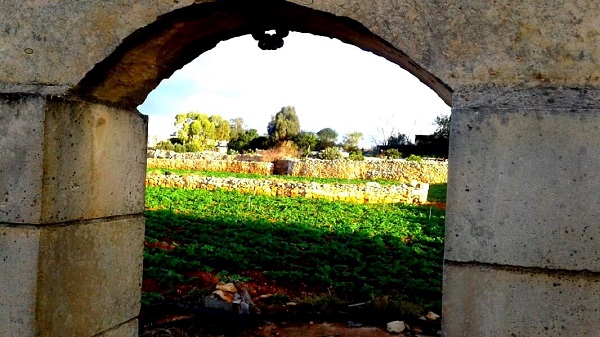
Joseph emphasises how important it is not to repeat the same mistakes as a way of moving forward: “You keep growing from experiences and mistakes only if you are willing to learn. Sometimes you need to change your ways to be able to move forward.”
Lesson 6: Respect Rules, People’s Dignity & Be Aware Of Others’ Needs
Joseph is a firm believer that rules and instructions on the use of pesticides should be followed strictly. “Restrictions on pesticides are essential for people’s safety. Pesticides have to be used responsibly according to the instructions and within a safety period. We are monitored by a foreign entity called GLOBALG.A.P We are proud that throughout these years our results were always negative, that is, without pesticides or negligible amount.”
Joseph says that to live in harmony with others we have to show solidarity with the people around us even in farming. “You also have to realise that you are not alone. If there are farmers around me who are cultivating organic produce it is important that I do not use pesticides on a windy day.”
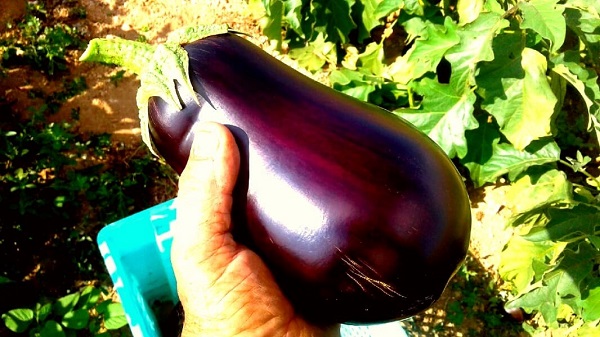
Lesson 7: Learn To Be Flexible, Patient And To Adapt
Joseph continues with his life lessons from the field and describes how every farming year has a different story: “Every field has its own story and every farming year is different. You do different things and try different methods. If you were to keep a diary and try to repeat what you’ve done the previous year, you won’t succeed.
The farmer has to be flexible. The methods may be the same but one has to move according to the weather. The soil might be colder than the previous year or the weather might be different, so the final product and the abundance of fruit or vegetables will also vary. You have to be patient and learn to adapt! If you planned to work in your field today but the weather is not favourable, you have to be willing to change your plan and go on another day. If you are hard headed and insist on sowing on a day which is not good for sowing, you will bear the consequences.”
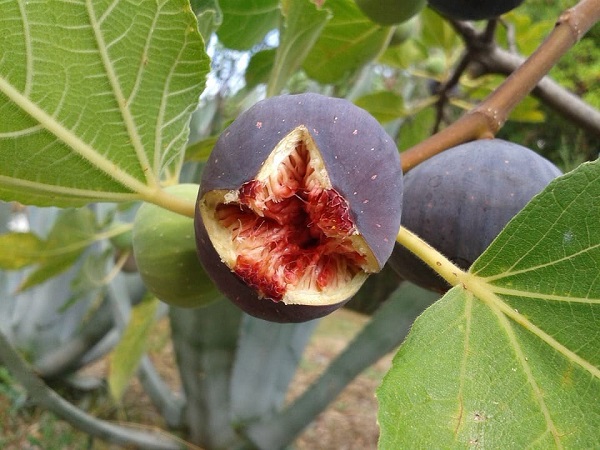
Lesson 8: One Does Not Reap, If One Does Not Sow
Joseph explains how in farming you reap what you sow, happens literally: “What you do badly today, you will bear in your fruit. If you have sown in muddy soil, the earth will harden, the soil will break, and the potatoes will go green. You also cannot force something to bear fruit before it is time.
You have to be patient. In farming you have to work and nothing comes out of nothing; there are no half measures. You cannot take short cuts and for example water your crops in the sun because it is a convenient time for you. Water has to be given in the evening, when the sun goes down. Even when you pick the potato crop; if you do it on a very hot day, or in sunny weather, you would take it out from the cool soil directly into the hot sun. This will spoil it and it turns black. This happened to me once. We noticed a smell of boiled potatoes and could see water oozing out of the potatoes. We threw away 100 boxes of potatoes which could have been sold. I was very sorry about it but I also learnt through the experience.”
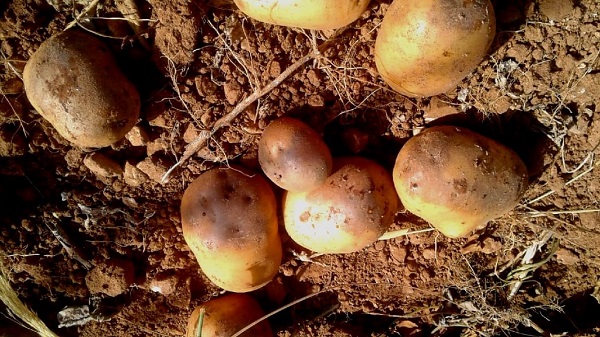
Lesson 9: Learn To Work With Others
Another life lesson from the field is that Joseph says that in farming you learn to work with others; collaborators or farmers: “You have to learn to cooperate or to reach a compromise. You need to appreciate the strengths of the other person and respect the weaknesses and/but also to be aware of your own strengths and weaknesses. You cannot agree on everything, even with those closest to you. Sometimes you need to learn to be silent, or give the other person enough time to realise that he is making a mistake, or to learn from his experience. You also have to let others try to do things their way and not only do things the way you want.”
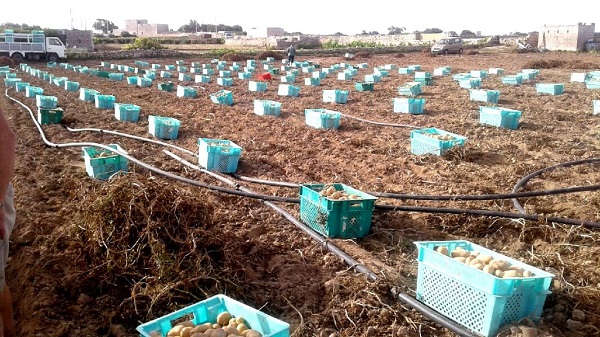
Lesson 10: Everything Comes From God
Joseph is Catholic, “I have faith in God and believe that he helps us. Yet, I did go through a rough patch with my faith when I lost my brother-in-law. He was a kind hearted twenty-nine year old young man who wouldn’t kill a fly. He was ill and suffering so much that I prayed that he would die. When he passed away a hospital chaplain told me to trust because “God knows what he’s doing. But I couldn’t understand God’s ways at the time and these words made me angry. His death at such a young age shocked me and I protested with God. He had three children and I helped in the upbringing of one of his children. It was only when I saw this family settle in a new life that I started to heal.”
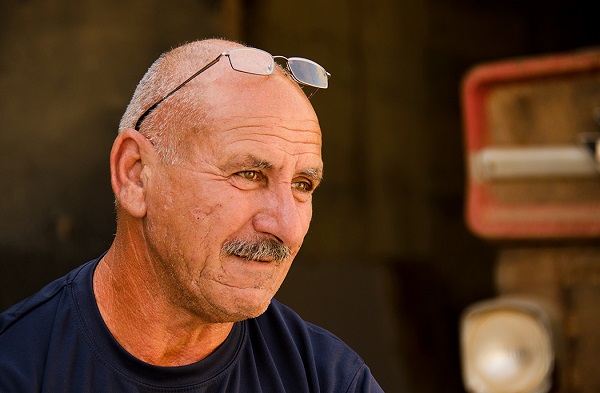
Joseph also sees God in nature: “I also see God in nature, with every different sunrise and sunset. I am grateful for each day; grateful to wake up healthy. Everything comes from Him.”
Lesson 11: Do Whatever You Can Do, Don’t Wait For Someone Else To Do It
Joseph believes that we can all do something for nature. “Today we see many positive posts about farming and trees etc on Facebook, but we need to do something in real life. All of us can have a plant at home, or plant a tree. I like to take photos of young trees so that in twenty years time I can look back and see how much these trees have grown. If we just sit down and chat, nothing happens.
These are my life lessons from the field.”
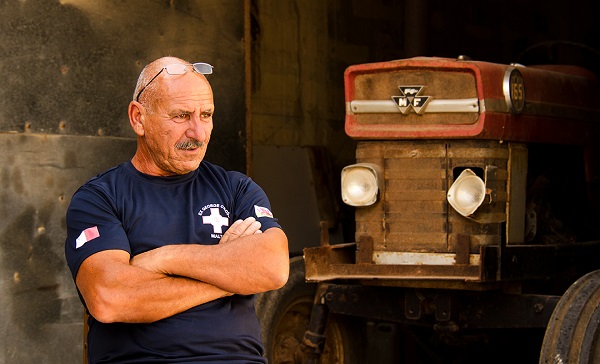
Read more:
– Frate Jacoba House – An Experience Of Faith and Farming
– Course: Developing Environmental Responsibility

